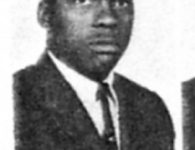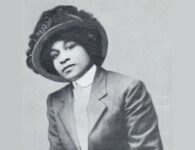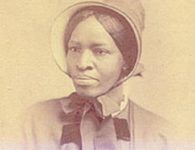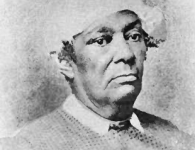In 1836, a Black St. Louis slave simply known as Rachel filed a lawsuit for her freedom and her son’s against owner William Walker. Similar to other cases before it, Rachel v. Walker was a case cited in 1856’s Dred Scott v. Sanford. Rachel would take advantage of a legal clause implemented a decade earlier that allowed for slaves to challenge for their freedom as poor people.
RACHEL v. WALKER CASE
Rachel v. Walker was filed on the weight of Rachel and her son James Henry being illegally held in a territory. She accompanied her master Lt. Thomas Stockton to Fort Snelling in what is now Minnesota and would go on to Fort Crawford, now Wisconsin in 1834. At the time both of these forts were in the Michigan territory. While at Fort Crawford her son was born, technically making them both free. Stockton would sell the two in St. Louis. By the time they were sold to Walker, there were plans to sell them deeper in the South.
The case was similar to Marie Louise vs. Marot, where the case’s success hung on whether her daughter had freedom imprinted on her after going to France. The idea is that it would make it illegal for her master to bring her back to a slaveholding state or territory as a slave.
RULING
While Rachel was a slave prior to heading into Michigan, she was held in the territory for some time with her previous master. The district courts ruled against Rachel, but her public defender took the case to the Missouri Supreme Court. In 1836 it was found that her previous master forfeited his claim to Rachel as property and that she was free. This also meant that William Walker was holding her against her own will. Rachel was successful in a separate case for James Henry’s freedom as a result of being born to a free Black woman held unlawfully in a free state as a slave.
This also meant that William Walker was holding her against her own will. Rachel was successful in a separate case for James Henry’s freedom as a result of being born to a free Black woman held unlawfully in a free state as a slave.

SOURCE: http://www.sos.mo.gov/archives/education/aahi/beforedredscott/rachelV.asp




















2 Comments
And these stories do not raise eyebrows of humane treatment of people and how it perpetuated present day imagery? GDAmerica!
If there is a heaven… The moral monster European enslavers and their descendents will have to worry about purchasing ice cubes in hell for the untold needless suffering inflicted upon the innocents